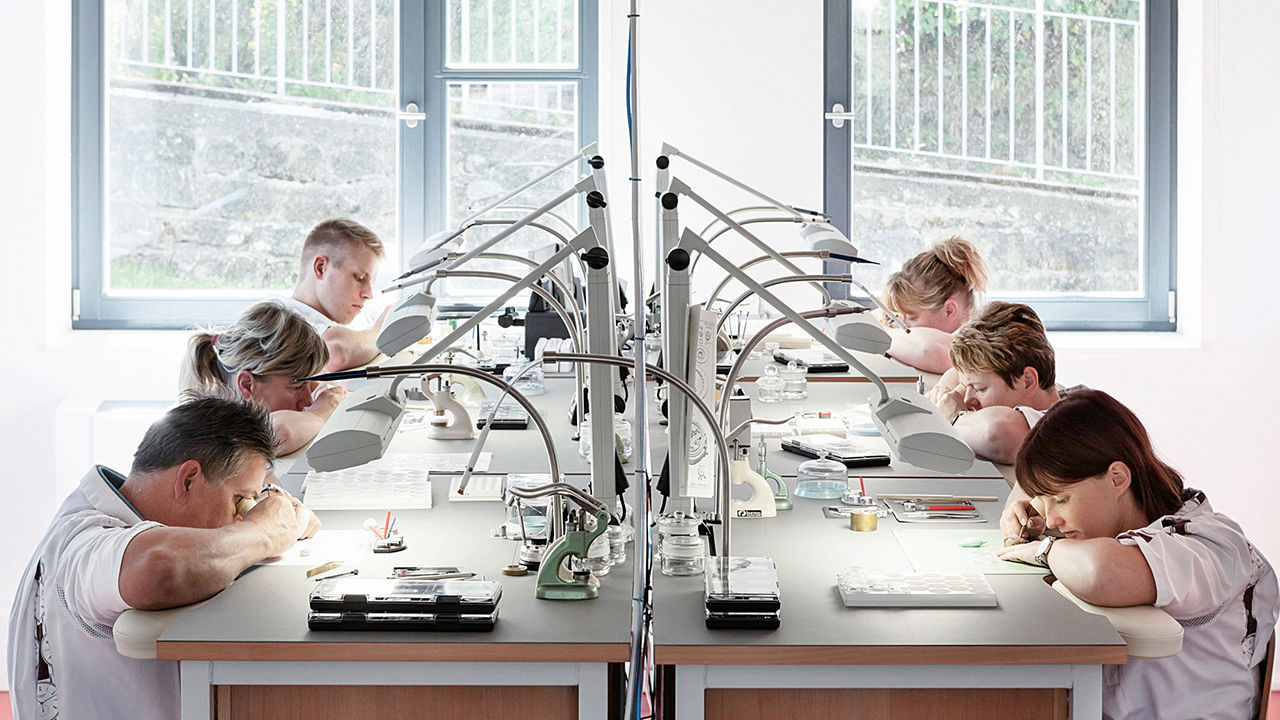
Close to the Czech border, south of Dresden in the German state of Saxony, lies Glashütte, a picturesque town of 6,700 inhabitants. As the German Watch Museum, its main visitor attraction, suggests, the town is the centre of the country’s high-end watchmaking industry. In 1845, after years of apprenticeship with makers of fine watches in France and Switzerland, Ferdinand Adolph Lange opened a workshop in Glashütte with a loan from the Saxon authorities, founding what would go on to become A. Lange & Söhne, one of the world’s priciest watch brands. Today the firm, now owned by Richemont, a Swiss luxury giant, is one of the nine high-end horologists that manufacture watches in the town.
Yet some of Glashütte’s watchmakers, which sell their wares across the globe and employ skilled workers of many nationalities, now worry that the town’s changing politics will tarnish their brands. Although the people of Glashütte are proud of their watchmaking history, only some are employed by the industry; many of the nine watchmakers’ 1,800 employees commute from elsewhere. The town’s inhabitants, like many in Saxony, feel left behind by globalisation. The state has become a hotspot for the far-right Alternative for Germany (AfD), which polls suggest is neck-and-neck with the centre-right Christian Democratic Union for first place in state elections due to be held on September 1st.
Nomos, one of Glashütte’s nine watchmakers, has been the most vocal in its opposition to the AfD. It began voicing its concern about the far-right party back in 2015 following an attack by neo-Nazis on a home-improvement store in nearby Heidenau where asylum seekers were being housed. In 2018, after a week of anti-migrant protests in Chemnitz, another Saxon city, the watchmaker started running workshops on combating racism.
Nomos used to be an exception among the Mittelstand, Germany’s backbone of mid-sized enterprises. Unlike bigger companies, these businesses, which are closely tied to local communities, have tended to stay quiet about the AfD’s rise. That is now changing. In addition to worrying that the region’s far-right politics could affect the image of its companies, bosses in Saxony fear that the AfD’s hostile approach to immigrants could discourage much-needed skilled workers from moving to the area, worsening labour shortages.
This week more than 40 family-owned businesses across Germany, from Miele, a maker of white goods, to Röchling, a plastics-engineering company, launched a campaign warning of the dangers of the far right for the country’s attractiveness as a place to invest and do business. Ahead of the state election the association of family companies in Saxony has been urging people not to support the AfD. Will all these efforts change voters’ minds in time? The clock is ticking. ■
To stay on top of the biggest stories in business and technology, sign up to the Bottom Line, our weekly subscriber-only newsletter.
















